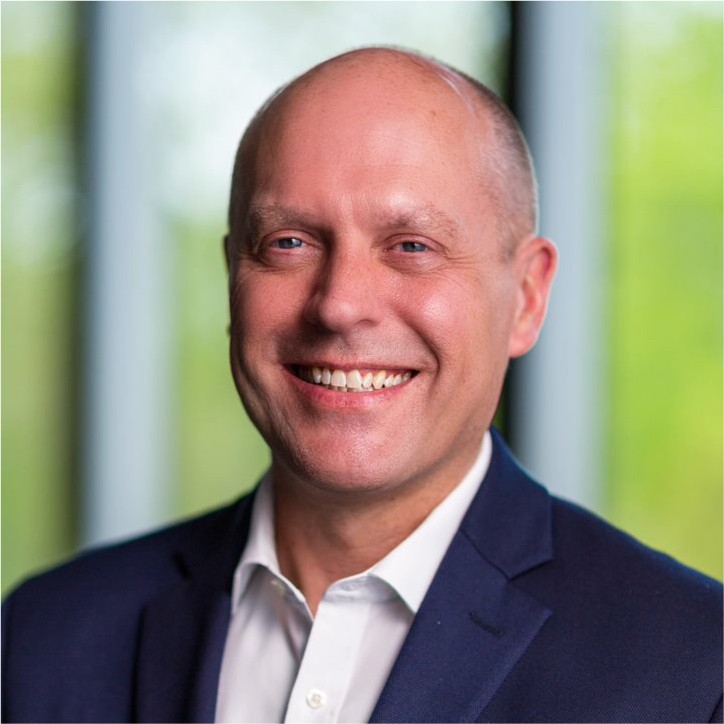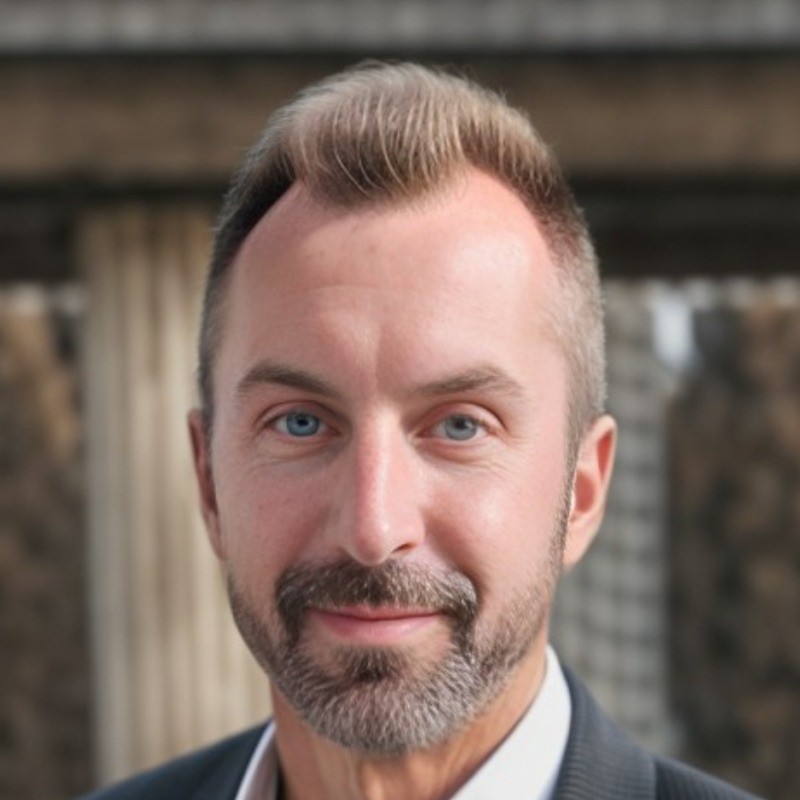Navigating Cybersecurity and AI For Events: Insights from Maritz Tech Leaders

Cybersecurity threats are on the rise across all industries. In fact, almost 90% of organizations experienced a breach in the last year, according to data by the Centre for Cybersecurity that was published by the World Economic Forum.
Remember the outage last July when an update by cybersecurity firm CrowdStrike caused Microsoft Windows operating systems to crash—resulting in potentially the largest IT outage in history?
The event and trade show industry is not immune to cyber threats. Last October, a number of top 200 trade shows were impacted by a cyberattack on a registration provider that took its systems offline for several days.
As cybersecurity and AI continue to be a hot topics in the trade show industry, TSNN’s Danica Tormohlen sat down with John Wahle, Chief Technology Officer, and Aaron Dorsey, Vice President of Product Management at Maritz, a private company that designs and manages business events, providing comprehensive services from consulting and strategy to event management and exhibitor services.

They shared insights into Maritz’s approach to technology, cybersecurity, and the integration of groundbreaking AI innovations.
Read nine takeaways from our conversation on the show floor at the International Association of Exhibitions and Events (IAEE) Expo!Expo! in December. Watch or listen to the full interview here.
- Better Together Strategy: Since Maritz acquired Convention Data Services (CDS) in 2024, they have been focused on bringing the best of both worlds together. "We're bringing a lot of the products that we had, the capabilities, together to the industry," said Wahle. This collaboration is about combining technologies and capabilities to serve clients better, he said.
- Cybersecurity at the Core: Cybersecurity and privacy form the foundation of Maritz’s approach to event technology. As Wahle emphasized, "We stay in front of changing cybersecurity risks by having a robust cybersecurity and privacy program." The program comprises three main components: implementing risk mitigation policies, deploying technical security controls, and ensuring qualified cybersecurity professionals are on the team.
- Cultural Integration of Security: Security is not only about technology but also culture. Dorsey said, "It’s about making security a part of your [business] culture," with rigorous training and onboarding for new employees to maintain high security standards.
- Client-Centric Approach: Understanding and addressing clients’ needs is paramount. "It's understanding what the client's needs are first and then bringing the best products to fulfill those needs over time,” Wahle said. This client-first strategy ensures Maritz delivers tailored solutions without rushing into massive migrations, he added.

5. Data Management Challenges: One of the challenges noted was managing data complexity in large events. "One individual end-user clicking on the wrong link could result in a risk," said Wahle, highlighting the need for comprehensive cybersecurity training at all levels.
6. Structured AI Integration: With the dominance of AI, Maritz is ensuring a structured approach to its integration, aligned with security and privacy norms. The company is exploring AI applications for productivity and internal efficiency, setting an example of responsible AI adoption. "We actually started by partnering to provide the right guidance along the way," Wahle said.
7. Future of Event Engagement: As Maritz looks ahead, they’re innovating ways to enhance event engagement through technology. Dorsey expressed excitement about "bringing a suite of products to market that allow for engagement to truly happen and let technology supplement rather than get in the way."
8. Ongoing Innovation: Maritz continues to explore how AI and machine learning can enhance data insights and client service delivery. Both Wahle and Dorsey are optimistic about AI’s potential, with Wahle noting, "This year was about the headlines. Moving forward, AI will be baked into existing partner tools."
9. Real-time Engagement Tools: Dorsey noted the development of tools designed to make the event experience seamless, asking, "How do you make an experience totally frictionless and start to suggest and offer things based off true engagements happening in events?"


Add new comment